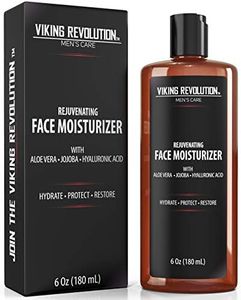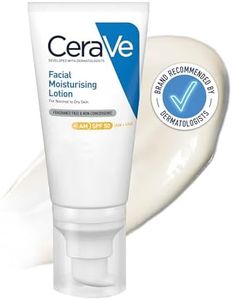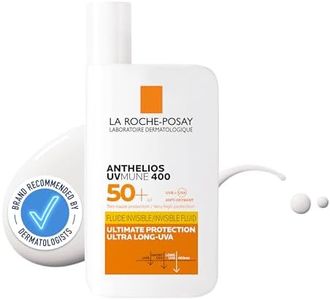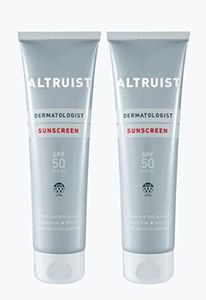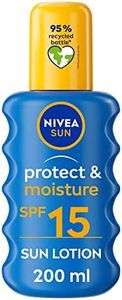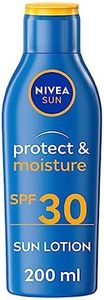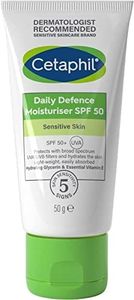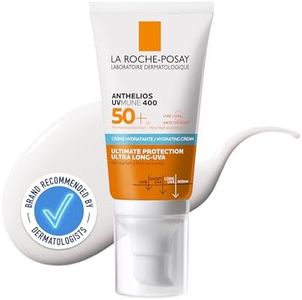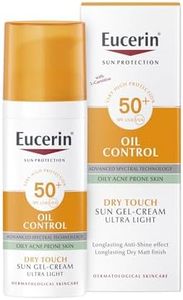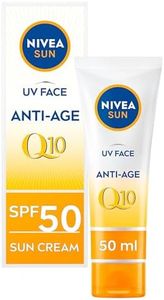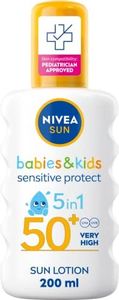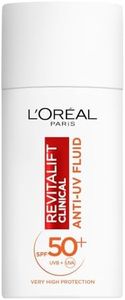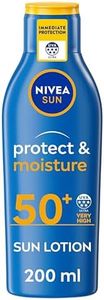We Use CookiesWe use cookies to enhance the security, performance,
functionality and for analytical and promotional activities. By continuing to browse this site you
are agreeing to our privacy policy
10 Best All Day Sunscreen
From leading brands and best sellers available on the web.Buying Guide for the Best All Day Sunscreen
Choosing the right all-day sunscreen is crucial for protecting your skin from harmful UV rays and preventing sunburns, premature aging, and skin cancer. When selecting a sunscreen, consider factors such as your skin type, the level of sun exposure you anticipate, and any specific skin concerns you may have. It's important to understand the key specifications of sunscreens to make an informed decision that best suits your needs.SPF (Sun Protection Factor)SPF measures the level of protection a sunscreen provides against UVB rays, which are responsible for sunburn. The higher the SPF, the greater the protection. SPF values typically range from 15 to 100. For everyday use, an SPF of 30 is generally recommended, as it blocks about 97% of UVB rays. If you have fair skin, are prone to burning, or will be spending extended time outdoors, consider a higher SPF. However, no sunscreen can block 100% of UV rays, so reapplication is key.
Broad SpectrumBroad spectrum sunscreens protect against both UVA and UVB rays. UVA rays penetrate deeper into the skin and contribute to premature aging and skin cancer. It's important to choose a sunscreen labeled 'broad spectrum' to ensure comprehensive protection. If you're concerned about aging or skin health, broad spectrum is essential.
Water ResistanceWater resistance indicates how long the sunscreen remains effective while you are swimming or sweating. Water-resistant sunscreens typically last either 40 or 80 minutes. If you plan to be active outdoors or in water, opt for a water-resistant formula and remember to reapply after swimming or heavy sweating.
Formulation TypeSunscreens come in various formulations, including lotions, creams, gels, sprays, and sticks. Lotions and creams are ideal for dry skin, while gels and sprays are better for oily skin or hairy areas. Sticks are convenient for targeted application, such as on the face. Consider your skin type and application preference when choosing a formulation.
IngredientsSunscreens can be chemical or physical (mineral). Chemical sunscreens absorb UV rays, while physical sunscreens reflect them. Physical sunscreens often contain zinc oxide or titanium dioxide and are less likely to irritate sensitive skin. If you have sensitive skin or prefer natural ingredients, opt for a physical sunscreen. Check for any allergens or irritants in the ingredient list if you have specific skin concerns.
